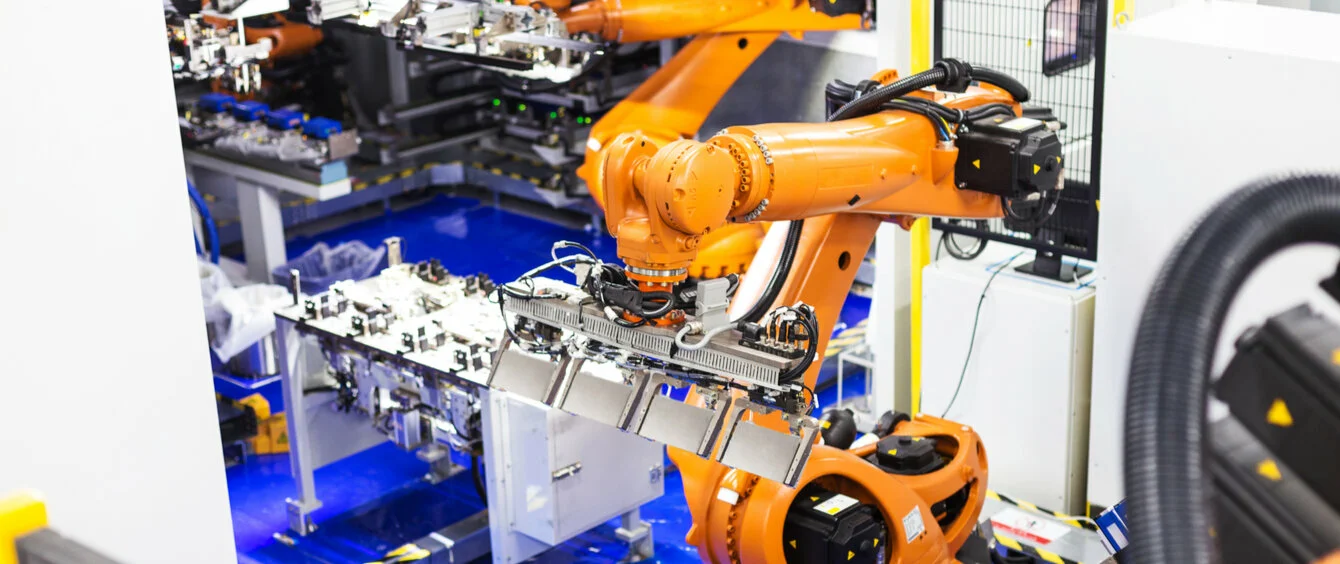The attention of many a German carmaker is fixed on Arnstadt, Thuringia, and what is soon to be the home of Chinese battery manufacturer CATL’s first European plant. German and European electric cars are to be equipped with the lithium-ion batteries produced here as soon as late-2020.
Contemporary Amperex Technology Ltd – CATL for short – has announced investments of over 1.8 billion euros and intends to create up to 2,000 new jobs over the next few years. The manufacturer from China is among the world market leaders in the field of battery cell production (in German) and, according to its Head of European Operations Matthias Zentgraf, intends to set up one of the largest battery cell factories in the world at its new production facility in Thuringia in several stages.
Asia dominates battery cell production sector
Given that Asian manufacturers dominate the battery cell production sector, car manufacturers such as BMW and Daimler are no strangers to working with CATL, at least on the Chinese market. European lithium-ion battery manufacturing is small fry in comparison.
That’s about to change. Politicians have been calling for European battery cell production for some time now. As German Chancellor Angela Merkel (in German) explained at CATL’s investment announcement in July 2018, “Would it be so bad if we were able to do it ourselves?”. And Thuringia’s Economics Minister Wolfgang Tiefensee (SPD) hopes for a “transfer of know-how from China to Europe”.
Are German carmakers getting into manufacturing?
What does the arrival of CATL mean for the automotive industry? If CATL were to be successful with its manufacturing plans in Thuringia, according to media reports (in German) among automotive experts, there would be growing pressure for German manufacturers to join the production fray. For years there has been talk of German and European car manufacturers possibly becoming too dependent on CATL and other Asian battery producers if EV sales in Germany were to increase. According to the German Association of Automobile Manufacturers (VDA), 7 to 10.5 million electric cars will have to hit the roads in Germany by 2030 in order to meet current CO2 targets.
According to the VDA, 7 to 10.5 million e-cars would be needed in Germany to achieve the climate targets.
The Bavarian automobile group BMW has already announced that, in the coming years, it is planning to purchase batteries worth 1.5 billion euros from CATL in Thuringia for its electrical division. And according to the Chinese, they are also already in talks with Daimler, Bosch and Volvo. But what about Germany’s largest car producer? VW is the only German automobile manufacturer to invest directly in the pilot production of battery cells. It is therefore still unclear whether Volkswagen will also be numbered amongst the future customers of the new Chinese battery cell plant in Thuringia.
Photo credits: © CATL
